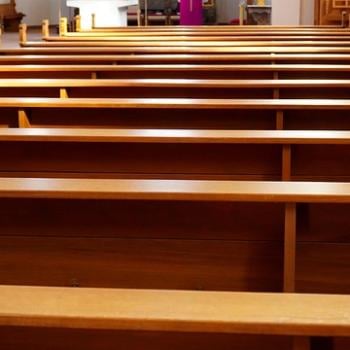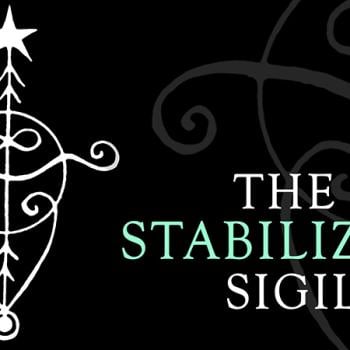Myra Adams wrote last week at Pajamas Media that America is a divided nation, bifurcated by opposing political views. Her point of reference was the thesis of journalist Bill Bishop in his 2008 book The Big Sort that "Americans have sorted themselves geographically, economically, and politically into like-minded communities over the last three decades."
Bishop and his collaborator Robert Cushing looked below the level of the "red state/blue state" divide to the distribution of social and political characteristics among the counties across America. One of their key findings was that the number of counties in which a presidential candidate of either party won the vote by a landslide nearly doubled between 1976 and 2004. The maps depicting this shift offer visually compelling evidence of a dramatic decline in the competitive counties once prevalent in the American landscape. And according to Bishop and Cushing, "People living in homogenous communities grow both more extreme and more certain in their beliefs . . . Congress has lost most of its moderate members and is mired in conflict."
The book's website quotes Bill Clinton admonishing an audience that "some of us are going to have to cross the street, folks." Myra Adams, surveying the situation, reminds us that "a house divided against itself cannot stand" (Mk. 3:25). We may continue to self-segregate into a "Divided America," she says, but we must at least urge our political leaders to find ways to compromise.
That advice did not resonate with her readers at Pajamas Media, and a well-timed piece from Victor Davis Hanson last week suggests the reason. Arguing from the perspective of a rural Californian who grew up with liberal Democrats for parents, Hanson posits that today's American liberals are no longer recognizable as the same breed. In spite of his parents' liberal leanings, their friends were the Republicans who formed the social majority in California's Central Valley; the Hansons' politics amused their fellows in the farming fraternity but did not stand in the way of friendship. The liberalism of the 1950s was, says Hanson, "in some sense conservative":
[M]ostly the heroic Democrats were guys like Truman and Humphrey. For my dad, FDR had built the B-29s, Truman stopped the North Koreans, and JFK had stood down Castro . . . they were salt-of-the-earth types, whose lifestyles reflected the politics that they advocated, and whose personal tastes were simple.
Hanson sees nothing so down-to-earth in liberalism's modern exemplars. They are not just ideologically extreme; from wealthy politicians to Hollywood celebrities, they are demographically and socially distant. Modern liberals are insulated, in their living and working arrangements, from the clients of their redistributive state—but they are also insulated from everyone else. Economic factors are rigorous channels for self-segregation.
There is something to be said for this analytical focus, which confronts the Bishop theory on its own material terms. Americans may self-segregate into ideologically sympathetic neighborhoods, but for most of us, our conscious considerations are focused pragmatically on getting the best we can afford. It's not ideology that causes a middle-class householder with young children to self-select out of urban government housing on the one hand, and multi-million-dollar homes in gated communities on the other; it's the ordinary incentives of his financial reality. Demographic and economic factors tend to induce outcomes that ideology views through a separate prism.
That said, people do take a community's sociopolitical norms into account. The extent to which this pattern governs us is uncertain, but there's abundant anecdotal evidence for it. The question, given the pattern, is what it would actually mean to encourage people to "cross the street."
Consider a few specific instances in which people, contemplating moving to new communities, discuss their concerns and requirements. Here is a woman from Wisconsin expressing unease about what she might find in Texas:





